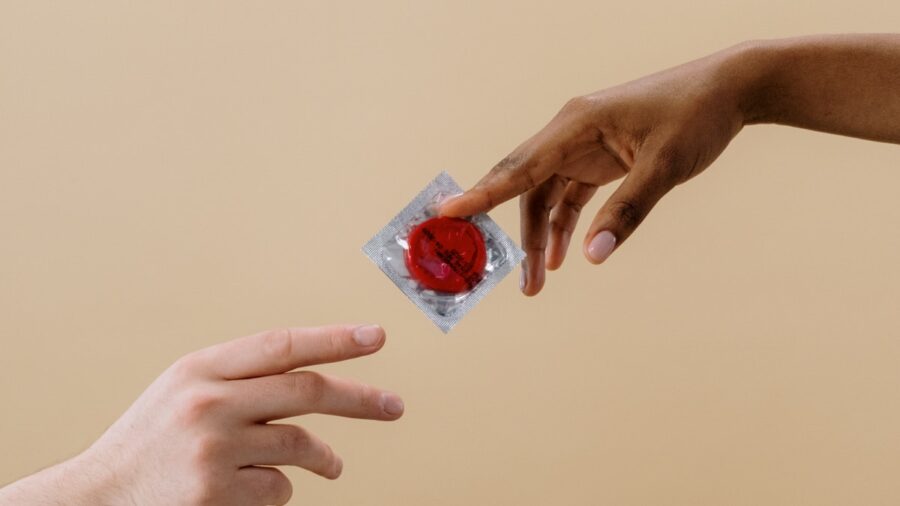
April is STD Awareness Month; the perfect time to talk about STD awareness and testing. It’s no secret that many people are afraid of getting an STD, but what’s more concerning is being afraid to test for potential STDs. Although talking about STDs can be nerve-wracking, it’s important to take precautions when it comes to your sexual health. The purpose of this article is to dismantle the stigma around STDs and educate those on the importance of STD testing.
Q: When should I get tested?
Answer: According to the CDC, you should get tested anywhere from once to a few times a year, depending on your level of sexual activity. A rule of thumb is to get tested every 3-6 months if you’re sexually active.
Q: Do I still need to get tested even if I haven’t been sexually active?
Answer: YES! Even if you haven’t been sexually active in a while, it’s good to make sure you don’t have anything that could potentially harm you or your partner(s). Additionally, just because you’ve been sexually inactive, doesn’t mean your partner(s) has been as well. Be proactive in taking care of your health.
Q: I use protection every time I have sex. Do I still need to get tested?
Answer: Absolutely! While contraceptives like condoms and dental dams are known to be 98% effective when used properly, accidents can happen. Also, condoms may protect from most STDs but do not protect from all STIs*. It’s better to be prepared and take action just in case.
*All STDs start as infections. STIs are considered a disease only when they cause symptoms (i.e. genital warts, cancers, etc.)
Now that some questions surrounding STD testing have been answered. Let’s dive into the myths behind the STD stigma.
Myth: If you have/had an STD, you’re dirty.
Facts: This stigma is not only false, but it’s extremely harmful to those who have dealt with an STD. Our bodies fight off infections every day, fighting off an STD is no different than any other infection.
Myth: My partner assures me that they don’t have an STD, so I don’t have to get tested.
Fact: Even if your partner shows you their STD results, it’s better to be safe than sorry. So, take safety measures and get tested before engaging in sexual activity.
Myth: People with incurable STDs can’t have a normal sex life.
Fact: False! When taking the correct preventative measures, people with incurable STDs (i.e. HIV, Genital Herpes, etc.) can have a normal sex life. As long as all parties understand the risks, use protection, and get tested frequently, sex will be enjoyable for all involved.
For the Love of Intimacy Overview
If you’ve ever had (or think you might have) an STD, it’s not the end of the world. Mistakes happen and all we can do is learn from them. If you’re currently dealing with an STD, again, it’s not the end of the world. There are many treatments and support groups that are available if you need help with getting rid of or managing an STD.
For more articles like this, follow us on Twitter, Instagram, Facebook, and Pinterest.
